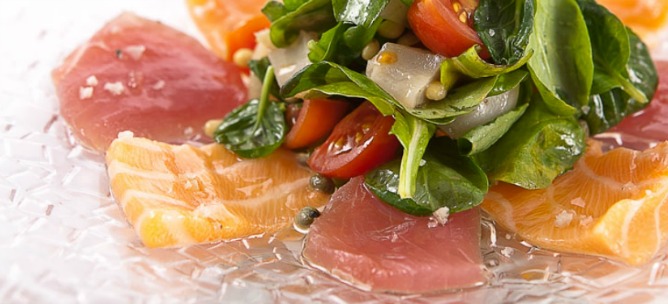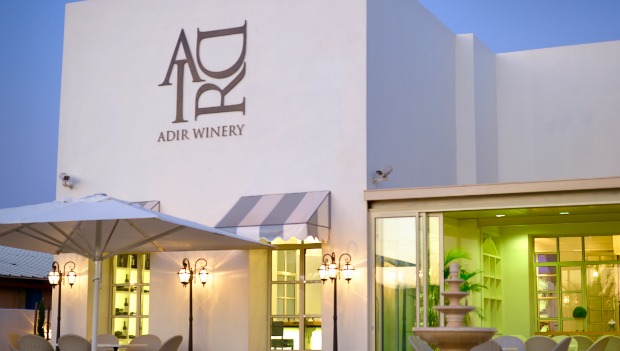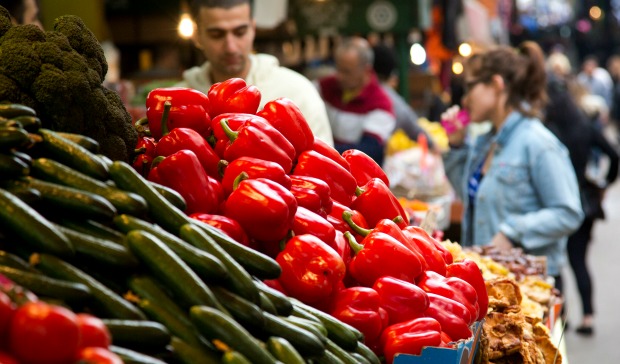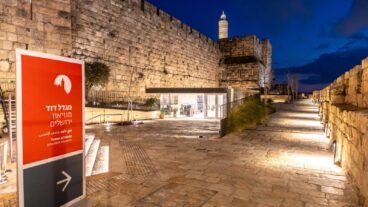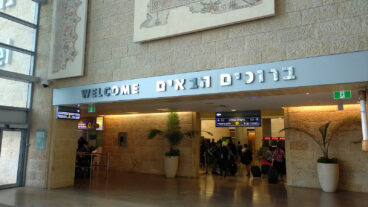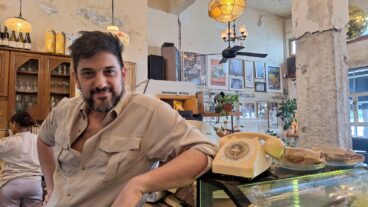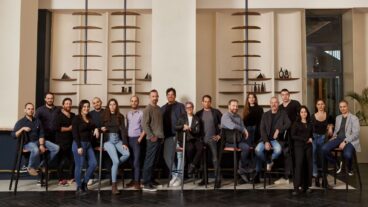If you’re content to see Israel out of the window of a tour bus, ISRAEL21c’s Journey to Israel is not for you. But if you’re ready to encounter Israeli beauty and innovation with all five senses, our exclusive tour from October 20-27 is what you’re looking for.
Over the next few months, we’ll be tempting you with a more in-depth look at our itinerary, planned especially for our readers by ISRAEL21c and Keshet: The Center for Educational Tourism in Israel.
To start, let’s see what gustatory pleasures await you, bringing to life the articles you’ve read on our website.
You probably know that Israel’s rapidly growing wine industry includes an explosion of boutique wineries gaining worldwide fame.
On ISRAEL21c’s Journey to Israel, you’ll visit the Adir Winery and Dairy in Dalton. After all, what could be better than fine wine and cheese, all produced by hand at the same location?
Located on the slopes of Admon Mountain, Adir was founded by two families, the Rosenbergs and the Ashkenazis, who were neighbors. They planted vineyards in the 1980s and established the winery in 2003.
The grapes are hand-selected, and the fine wines — cabernet sauvignon, merlot, and chardonnay — are produced only in the years when the harvest is considered good enough. The winery’s Plato series received four prizes in the Terravino 2008 and sells throughout Israel, North America and Europe.
The same two families run the Adir Dairy, which makes goat’s milk, cheeses and ice cream. The dairy, which opened in 1995, has a herd of 2,000 milk-bearing goats — the largest in Israel.
Deca restaurant
Tel Aviv is gaining a reputation for fine dining, and Deca is a prime example of why. The Deca restaurant occupies a special niche, taking elite French cuisine and infusing it with today’s Mediterranean flavors. Many reviewers call it a first in gourmet kosher dining.
The menu devised by Haim Cohen is based on dairy and seafood. Main course choices, for example, include root vegetables baked in a brick oven with tahini and date-honey sauce, served with goat cheese and phyllo pastry; bass fillet with black risotto, Pecorino cheese, sweet potato cubes and fresh chopped parsley; and grilled red tuna fillet alongside beet and potato gratin in a three-cheese sauce. And where else could you get mousse halva for dessert?
Housed in a former workshop in an industrial neighborhood, Deca’s interior design was planned and executed by the husband-and-wife team of Irena Cronenberg and Alon Baranovitch. The generous space holds up to 150 guests and another 30 in a private room.
The Levinsky Market is the place for spices. And dried fruits, nuts, traditional pastries, boutique cheeses, pickled produce, exotic meat cold cuts and salted fish.
You will visit on Friday morning, the time when locals pack narrow Levinsky Street to visit their favorite vendors. It all began in the 1930s, when a small group of Jews from Saloniki, Greece, resettled in Tel Aviv and opened a range of spice shops and eateries specializing in Balkan cuisine. Later, Iranian émigrés came to downtown Tel Aviv, bringing with them new tastes and herbs from Persian cooking. The marketplace grew from there and now spreads across Levinsky Street, between HaAliyah and Herzl streets.
If you’re a photography buff, word has it that Levinsky Market is one of the best places to shoot street scenes in Tel Aviv.
Carmel Market
After Levinsky, the natural place to head next is the Carmel Market, or Shuk HaCarmel in Hebrew.
As Tel Aviv’s largest and most-centrally located shuk, Carmel — like Machane Yehuda in Jerusalem — is “the” place to go for everything from souvenirs to cutting-edge café cuisine. From Yemenite jachnun to boutique cheeses, and from one-off cotton clothes to designer threads, you’ll find it at this marketplace stretching from the corner of King George and Allenby streets to the Carmelit Bus Station.
Chefs of the city’s top eateries come here every day from 7am to dusk to purchase raw ingredients, including Israeli staples such as bountiful varieties of fresh herbs, chickpeas, cheeses, olives and eggplant.




